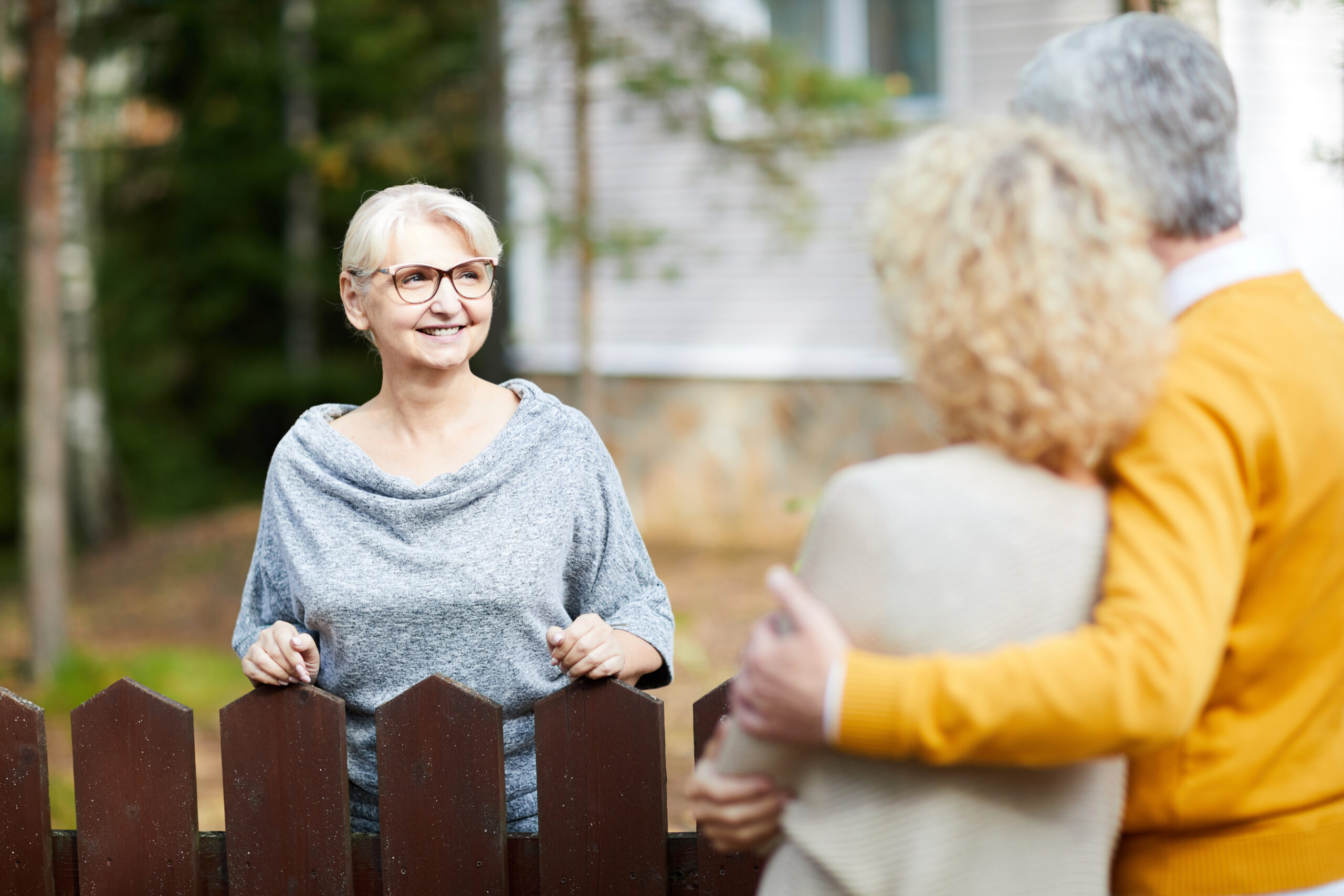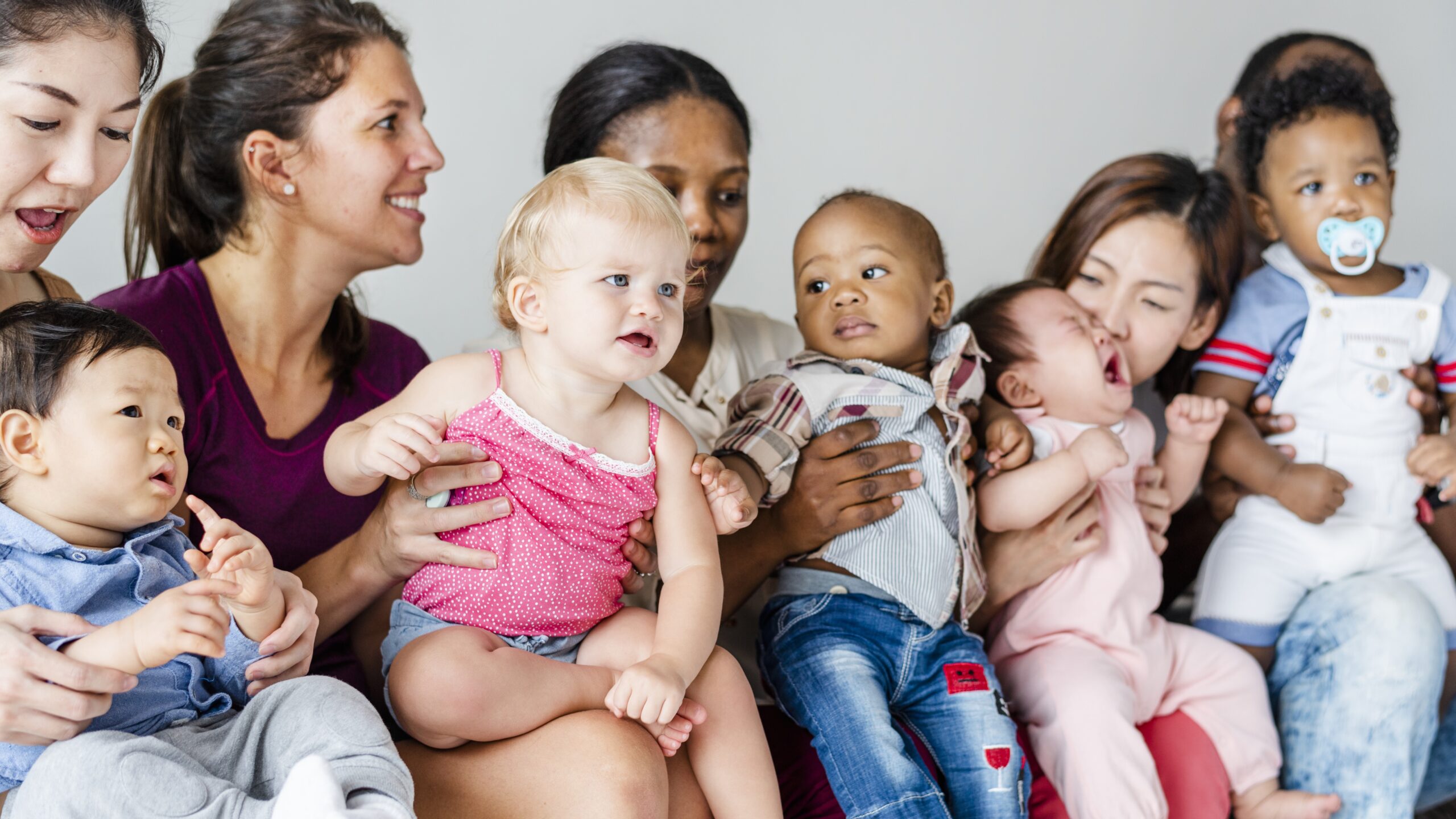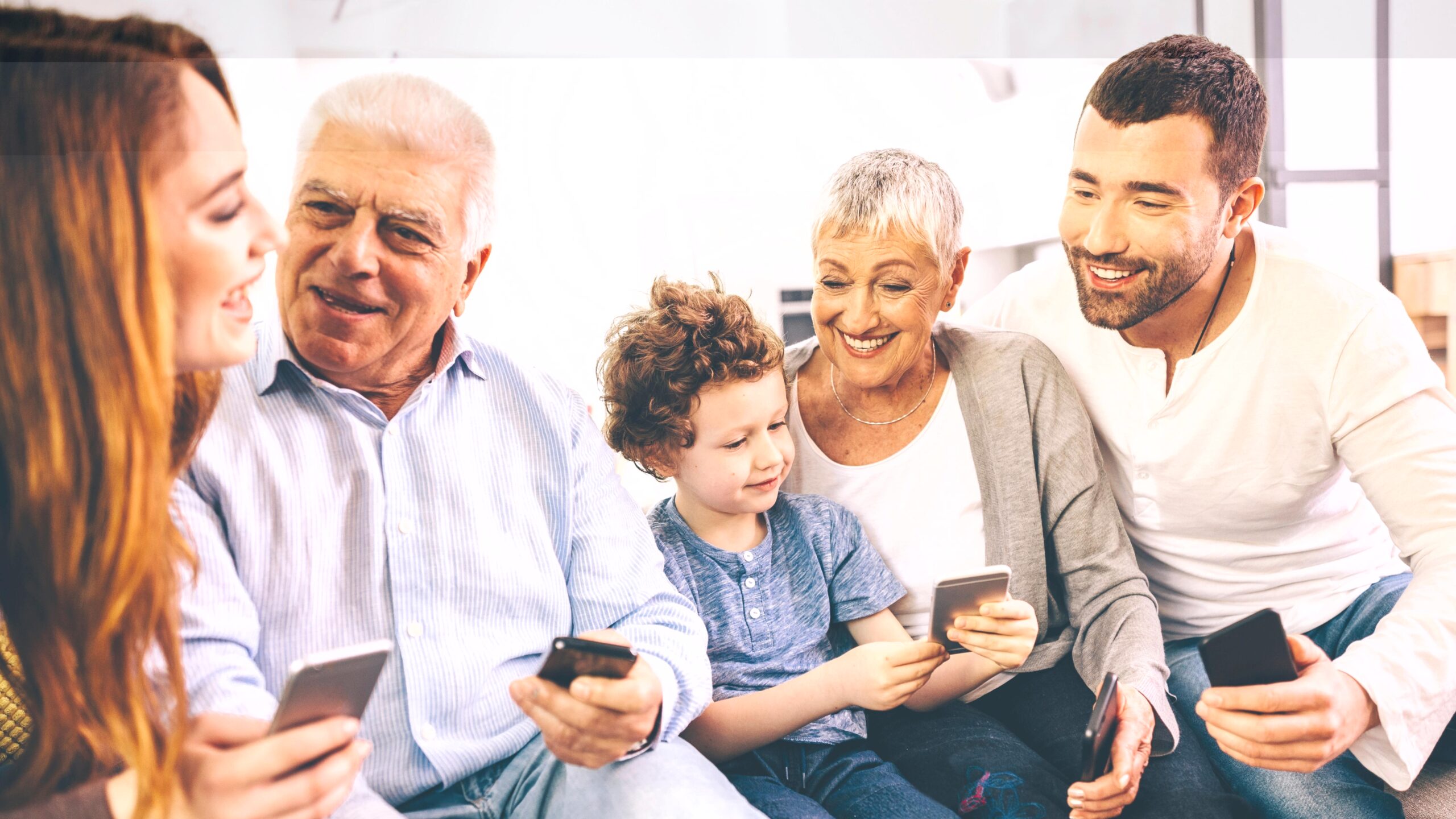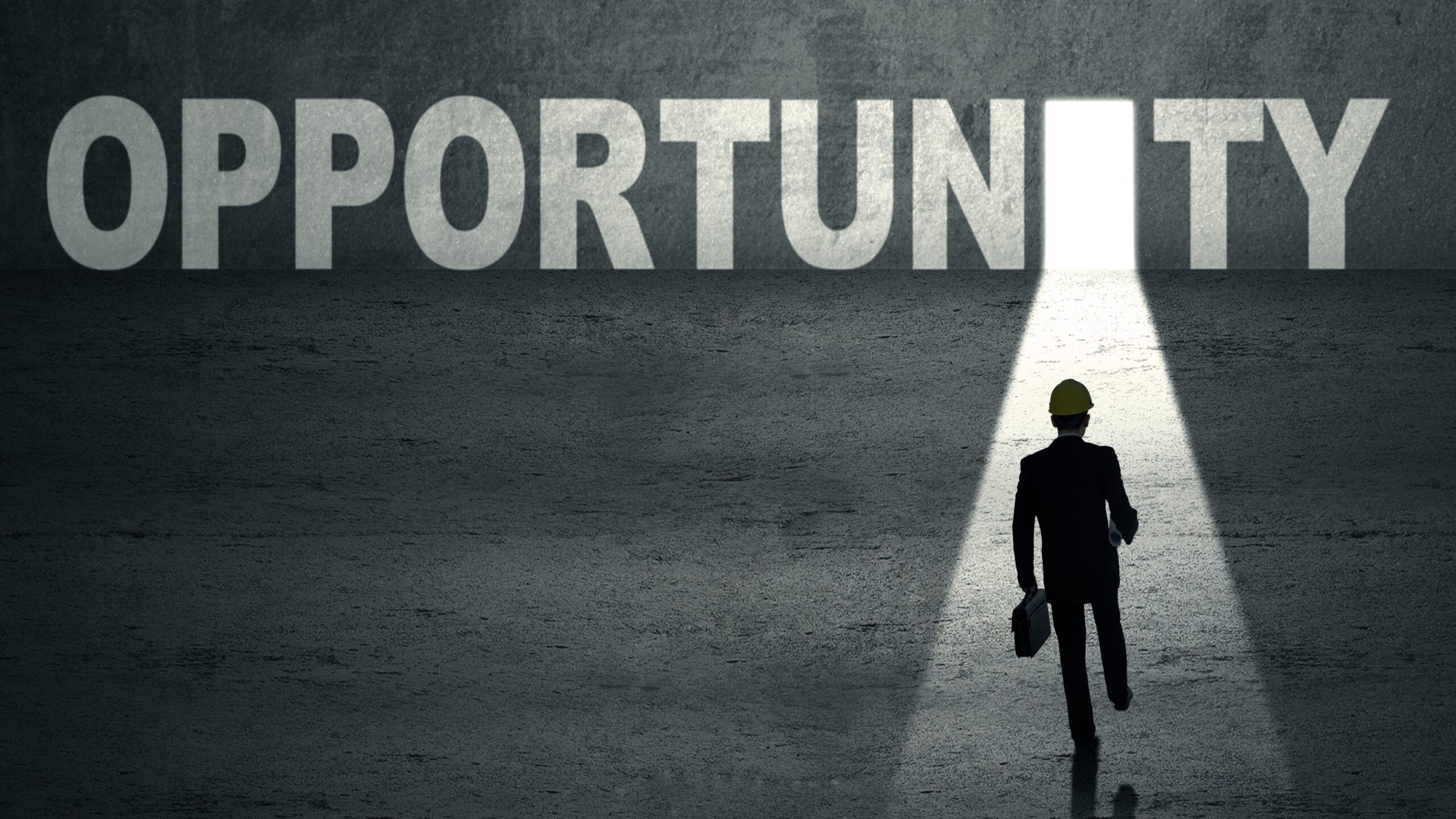Concerts have been cancelled. Sporting events both amateur and professional will not take place for the foreseeable future. Great cultural gathering places, museums and tourist destinations will not be open. Places of worship have closed their doors. All to prevent us from being in close proximity with others who may be carrying a virus. A virus whose transmission from one to another is twice as fast as previous viruses. The bans and mandates are in place so we keep a distance one from the other.
And yet, we are wired for connection, as Brene Brown says. We are social creatures. Our species is one of few that depends on two generations to help raise the youngest. We have the instincts of being in a “herd.” None of us is an island. We are interdependent with others from around the globe for our existence — just take a look at the tag on the shirt you are wearing or consider where those medical supplies (currently in limited quantities and high demand) are manufactured. Yet in these days, we are separated generation from generation, family from family, coworker from coworker, neighbor from neighbor.
Who Is a Neighbor?
Henri Nouwen talks about what it means to be neighbors. I love his definition in his book Bread for the Journey:
“To become neighbors is to bridge the gap between people. As long as there is distance between us and we cannot look into one another’s eyes, all sorts of false ideas and images arise. We give them names, make jokes about them, cover them with our prejudices and avoid direct contact. We think of them as enemies. We forget that they love as we love, care for their children as we care for ours, become sick and die as we do. We forget that they are our brothers and sisters and treat them as objects that can be destroyed at will. Only when we have the courage to cross the road and look in one another’s eyes can we see there that we are children of the same God and members of the same human family.”
To be a neighbor is to be in the presence of another. To look them in the eye. To listen to their fears and hear about what and who they love. To be a neighbor is to remember our common humanity.
When we cannot be in the presence of another the distance puts us at risk of making them “other.” When we fail to look them in the eye or hear their story — instead inserting our own assumptions about who they are — they become a stranger or enemy.
Bridging the Gap
Nouwen’s image of crossing the road and looking into the eyes of another is an act of remembering that we are children of the same God. When we see our common humanity, we are able to see them as members of the human family
Except for those who have symptoms of COVID-19, most of us don’t have to shelter in place — at least at the time this post was written. We are not banned from being with others in smaller groups of 10 or fewer. We are not prohibited from checking on our literal neighbors next door or gathering with symptom-free friends as long as we continue to keep our distance of six feet in place.
In fact, in this time of our Lenten pandemic, we should find the courage to reach out to those around us in order to find those common points of connection. Perhaps this is the time to cross the street or hallway or yard and begin to build bridges that could be strengthened long after the virus is but a memory. This can be done while still maintaining the social distancing.
Looking in the Eyes
Nouwen doesn’t talk about the need to hug someone in order for them to become a neighbor (although, I suspect from stories he shared when I heard him speak years ago, that appropriate physical touch was an important part of his interactions with others). He just talks about looking in the eyes. And in these times, we could do that from a healthy distance so as not to spread germs!
As we find ourselves coping with stress and isolation that distancing creates, perhaps it will be helpful for us to find ways to connect with others who are close by. To remember that we are not the only one who is living with these bans that are altering our normal routines. In reaching out to others perhaps we can gain the perspective that comes with the recognition that we are all having to adjust. We are all trying to cope. We are all a part of the human family.
3/20/20 15:42
View all articles by:






















